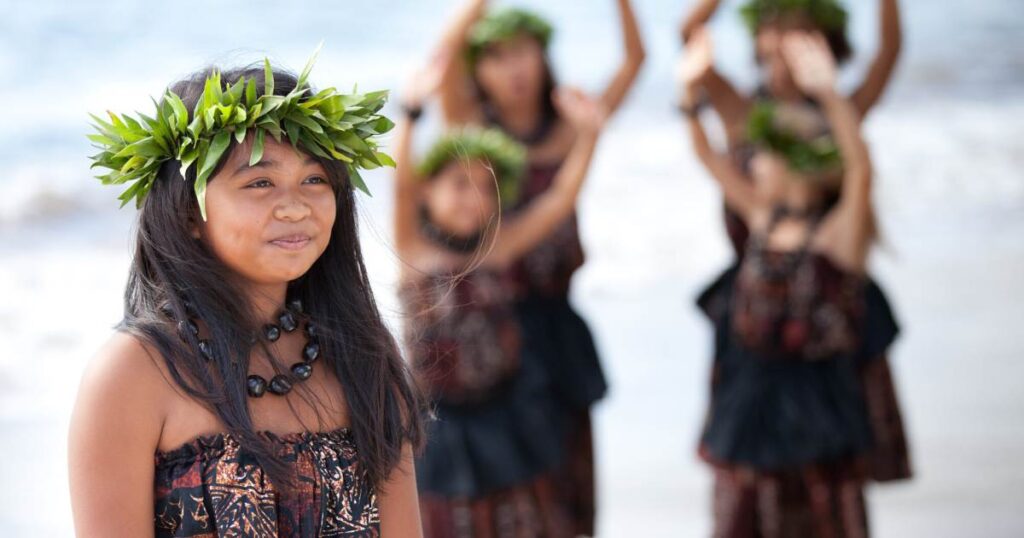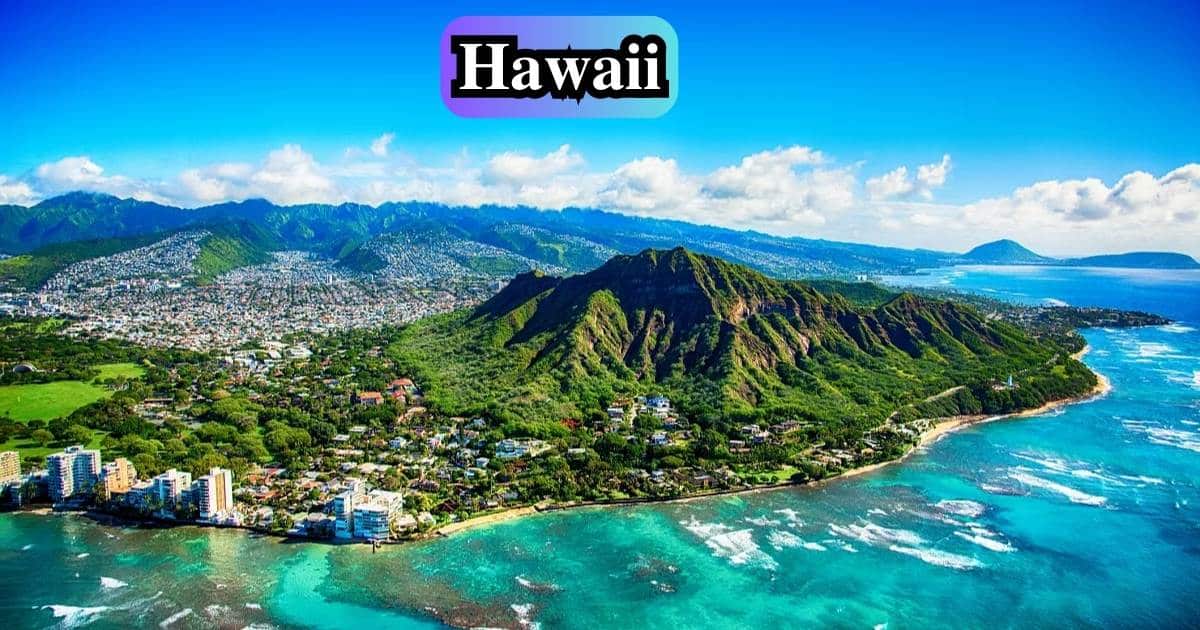Hawaii’s unique geography and cultural heritage often spark debates about its political status.
Is this tropical paradise a U.S. state or an independent country?
Let’s dive deep and unveil the truth behind this captivating question.
Important Facts About Hawaii
Before we address the main dilemma, let’s familiarize ourselves with some vital facts about these enchanting islands:
- Capital: Honolulu
- Population: 1,455,271 (as of 2022)
- Geographic Coordinates: 19.8968° N, 155.5828° W
- Languages: Hawaiian and English (both official)
- Number of Islands: 137 (8 main islands)
- Time Zone: UTC – 10:00 (Hawaiian-Aleutian Time Zone)
| Key Fact | Value |
| Capital | Honolulu |
| Population | 1,455,271 |
| Coordinates | 19.8968° N, 155.5828° W |
| Languages | Hawaiian, English |
| Number of Islands | 137 (8 main islands) |
| Time Zone | UTC – 10:00 |
These facts provide a glimpse into the unique characteristics that set Hawaii apart from the continental United States.
The Islands of Hawaii
Situated in the North Pacific Ocean, approximately 2,500 miles from the mainland USA, Hawaii is an archipelago consisting of over 130 islands.
The eight main islands are:
- Oahu
- Maui
- Kauai
- Molokai
- Lanai
- Niihau
- Kahoolawe
- The Big Island of Hawaii
This tropical haven attracts visitors worldwide, enchanted by its pristine beaches, lush rainforests, and the laidback “aloha” spirit.
As a renowned tourist destination, Hawaii offers a perfect escape for those seeking sun, surf, and a taste of island life.
How Was Hawaii Formed?
Hawaii’s formation is a geological marvel, unfolding over millions of years. These islands were born from the “Ring of Fire,” an area known for high volcanic and seismic activity.
Imagine a stationary plume of magma, a hot spot, slowly moving northwest across the Pacific Ocean floor.
As it moves, it melts the rock above, creating a steady stream of molten material that eventually cools and hardens into new land formations.
This process has given rise to the Hawaiian Island Chain, with each island representing a different stage in the hot spot’s journey.
The oldest islands, like Kauai and Niihau, have endured more erosion, while the youngest, like the Big Island of Hawaii, are still actively forming through volcanic activity.
The result? Breathtaking landscapes featuring active volcanoes, lush rainforests, stunning beaches, and dramatic mountain ranges – a true paradise for nature enthusiasts and outdoor adventurers alike.
So, Is Hawaii a Country?
Despite its isolated location and distinct cultural identity, the simple answer is: No, Hawaii is not a country.
It is officially the 50th state of the United States, having gained statehood on August 21, 1959.
Hawaii’s journey to statehood was a long and complex one. Prior to becoming a U.S. state, Hawaii held a rich history of independence as the Hawaiian Kingdom, unified under King Kamehameha I in 1810.
This prosperous nation maintained diplomatic ties with countries worldwide and thrived on the sugar and pineapple trade.
In 1893, the Hawaiian monarchy was overthrown, leading to annexation by the United States in 1898. Hawaii remained a U.S. Territory until 1959 when it officially became a state, joining the union as an integral part of the United States.
Despite its statehood, Hawaii is often referred to as an “island nation” or a “country” in its own right, due to its unique heritage, geographic isolation, and distinct culture.
Hawaiian Culture

Hawaii’s cultural tapestry is a vibrant blend of native traditions and influences from around the world. The Hawaiian language, deeply rooted in the islands, holds official status alongside English.
Music, dance, art, food, and festivals are all integral parts of Hawaiian culture, celebrated with great pride and reverence.
From the hypnotic rhythms of the hula to the mouthwatering flavors of kalua pork and poi, Hawaii’s cultural heritage permeates every aspect of island life.
“The Hawaiian language and culture are deeply rooted in the islands and are still practiced today.” – Charlotte, The Geo Room
Embracing this rich cultural heritage, while acknowledging its status as a U.S. state, is a delicate balance that Hawaii navigates with grace and dignity.
Read Also :
Final Thoughts
In conclusion, Hawaii is officially a state of the United States, having earned its statehood in 1959.
Its unique geography, as an archipelago situated in the North Pacific, and its distinct cultural identity, deeply rooted in native Hawaiian traditions, often contribute to the perception of Hawaii as an independent “island nation.”
From its geological formation through volcanic activity to its vibrant music, dance, and cuisine, Hawaii truly stands out as a one-of-a-kind destination.
Whether you view it as a state or a country, one thing is certain: Hawaii captivates the hearts and minds of travelers worldwide, offering an unforgettable experience of natural beauty, rich heritage, and the warmth of the “aloha” spirit.
So, the next time you find yourself pondering “Is Hawaii a state or a country?”, remember the complex tapestry that weaves together its political status and cultural identity, creating a truly extraordinary place like no other.

A seasoned aviation enthusiast combines technical expertise with a conversational writing style offering readers an insightful and engaging journey through the interesting world of aviation and flights.











